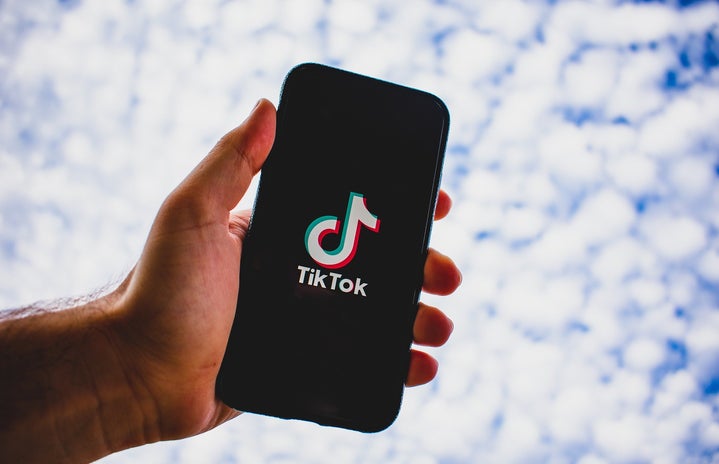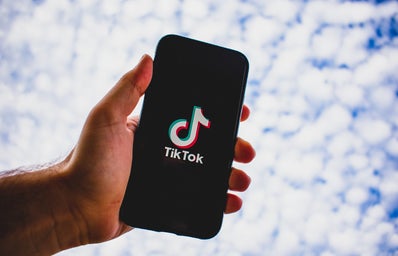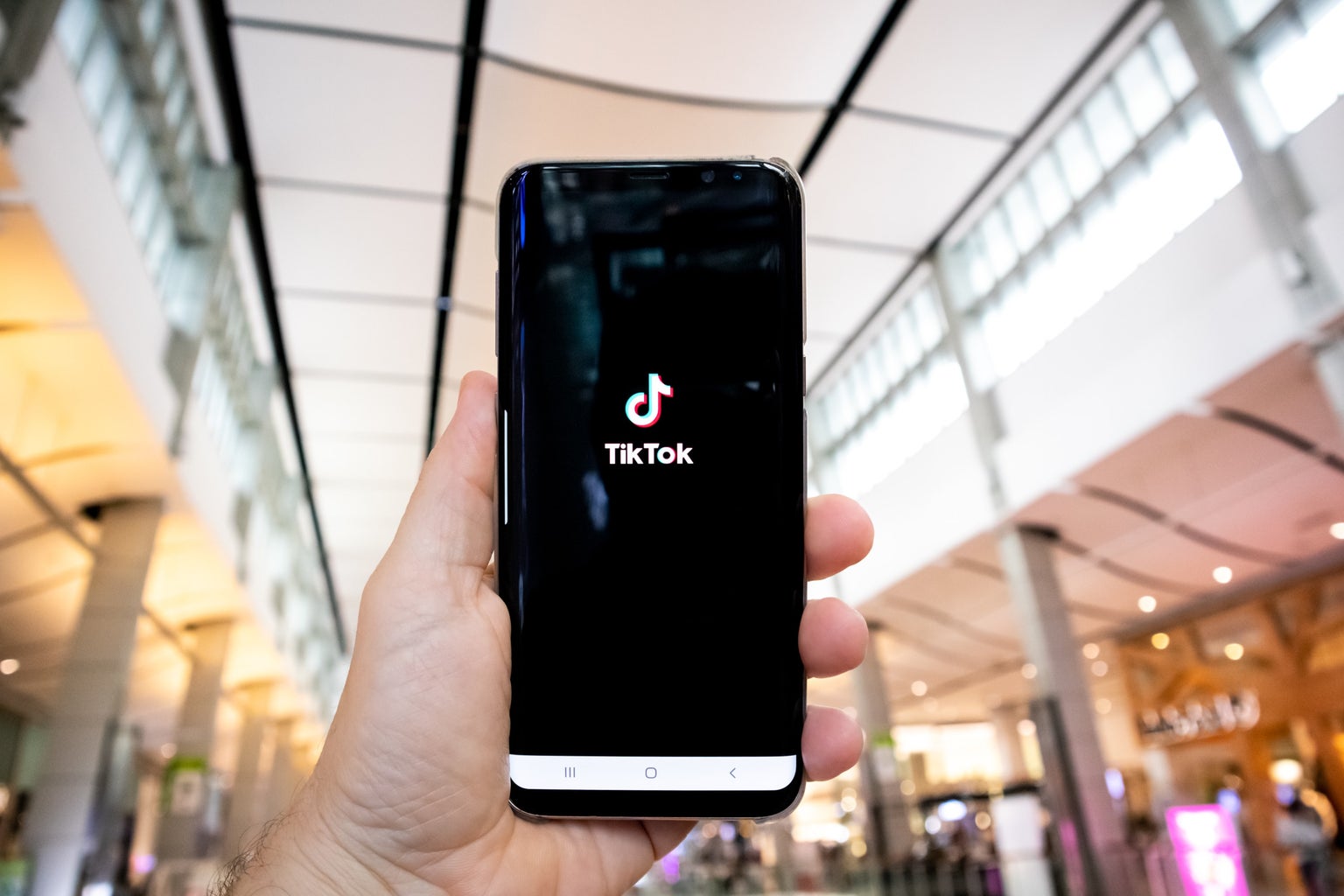“I read this in an article”. The other day, whilst conversing with my roommates I had a revelation of a common phenomenon that is beginning to occur amongst our generation. For those of us that use Tik Tok, we often hate to admit when we learn an interesting fact from watching a video, whether it be about medicine, current events, or politics. TikTok is a known propeller of the buzzword mafia, birthing microtrends weekly. Phrases like “cheugy” or “no bones day” are only a few examples of popularized lingo that has become a normal part of Gen Z’s vocabulary. I will be the first to admit that I don’t regularly pay attention to the news. While I’m aware that there’s a recession occurring currently, Iran is undergoing a massive human rights crisis, and Elon Musk is stepping down as CEO of Twitter, I cannot in good faith claim to be updated on current events of our world. Honestly, my knowledge of current events is compiled from media from TikTok, Twitter, the News app, and random articles my parents occasionally send me. Yet, I find it so difficult to mention a random fact or current topic and admit that I heard about it from TikTok. Why is it that I find a need to conceal the true roots of my inquiries with “an article”?
My mind has been conditioned to crave social media constantly, with my phone being the first thing I reach for in the morning. In recent months, I’ve used TikTok to stay up to date on the happenings of the world, using the 15-second clips as click-baiting headlines that propel me to further investigate a new topic or pop culture developments. The app maintains a strong influence over the political and societal thoughts of many, all while Tik Tok remains unreliable in flagging inaccurate informational posts. TikTok is a platform for a variety of media, engaging a wide viewing audience and content creators. Essentially anyone can have an account, whether it be businesses, teenagers, millennials, celebrities, and even AI-generated robots. Arguably, this statement can also apply to other social media platforms like Instagram or Twitter. What makes Tik Tok so alluring that we get sucked into embarrassingly lengthy scrolling sprees?
Perhaps it’s the fact that with each scroll, we are met with an unexpected sound, visual, or text. There is essentially no preface to what media we will consume. I particularly enjoy the TikTok comments more often than the videos themselves. Occasionally I’m met with some of the most out-of-pocket, alarming comments I have ever read. However, I’m also almost introduced to new perspectives, stories, and opinions about niche topics through the comments section. There is a sense of raw honesty and vulnerability that TikTok incites that cannot be found within other social media platforms. It is often used as a safe space for people to share their stories and opinions, letting other people know that they are not alone in their life experiences. This sense of raw honesty and vulnerability is possibly the reason why many of us discredit Tik Tok as a reliable source. It can easily be seen as a glorified platform for gossip, polluting genuine attempts of knowledge development with personified input.
With these things in mind, I will likely still remain an avid user of TikTok, with intentions of reading more credible sources and indulging in media that can allow me to form opinions based off of facts rather than opinions based off of opinions. I’d like to hope that if we move towards the direction of broadening our media consumption, we’ll eventually be able to admit that we didn’t “read it in an article”.




